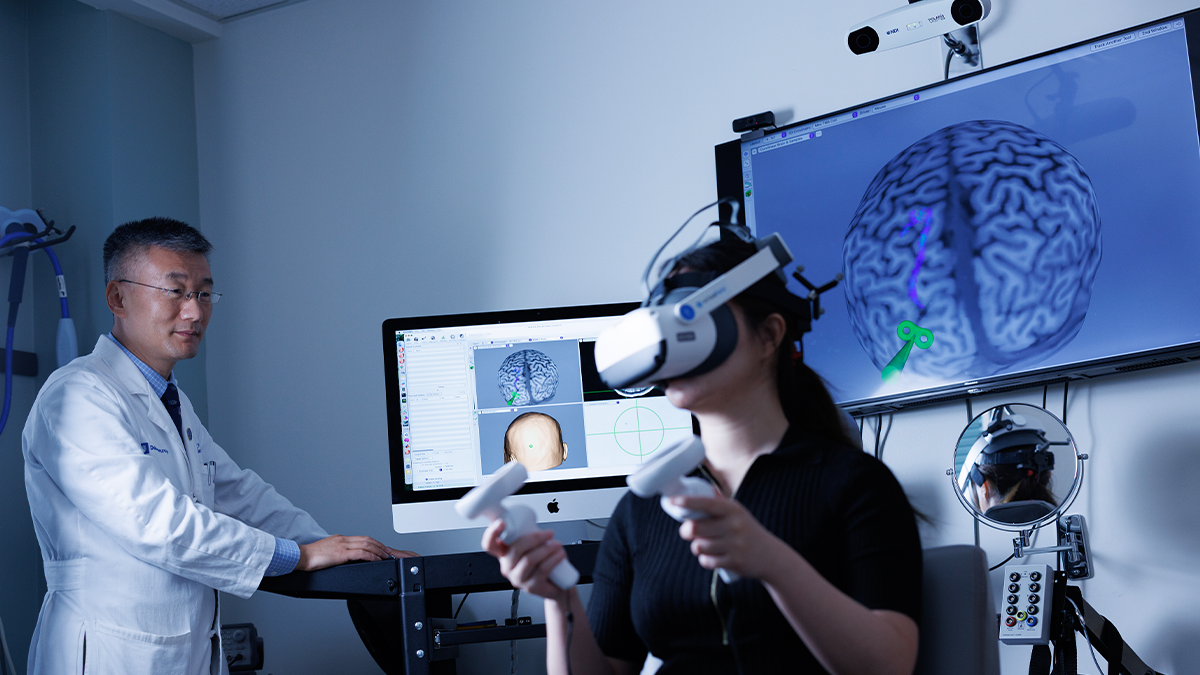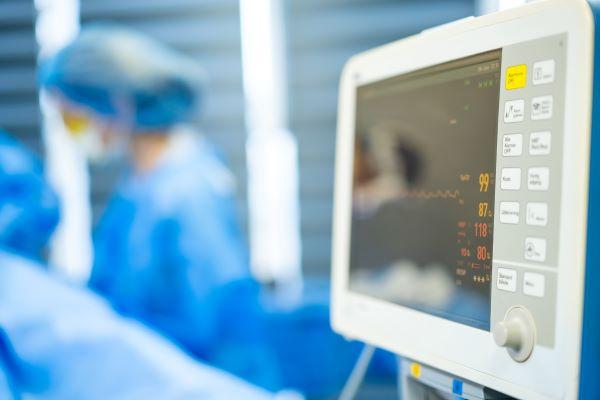Concussion Care: From Campus to the Community
Each year, two million children and teens get a concussion. Pete Duquette, PhD, who leads Duke’s Pediatric Neuropsychology Clinic, offers tips to parents grounded in modern concussion care.
Alpha Cells Moonlight as Secret GLP-1 Factories
Duke diabetes and obesity researchers show alpha cells in the pancreas unexpectedly churn out potent, insulin-boosting GLP-1 to help control blood sugar.
New Understanding of A Deadly Cancer
In a study published in Nature, Duke researchers led by Trudy Oliver, PhD, reshape understanding of how small cell lung cancer begins, opening the door to developing therapies that could prevent this aggressive disease.
Suzanne Barbour Honored for Sustained Leadership by the American Society for Biochemistry and Molecular Biology
Suzanne Barbour, PhD, professor of cell biology has received the Sustained Leadership Award from the American Society for Biochemistry and Molecular Biology.
Healing After Natural Disasters
Duke experts are exploring how natural disasters and other extreme events affect mental and physical health.
How Biomedical Engineering is Transforming Stroke Recovery
Duke's Neuromodulation and Stroke Recovery Lab, led by Wayne Feng, MD, focuses on harnessing non-invasive brain stimulation tools as potential treatment options for post-stroke complications.
Albanese to Step Down as CEO of Duke University Health System
Craig Albanese, MD, MBA, will conclude his service at Duke on September 30 to become president of Kaiser Permanente, the nation's largest nonprofit integrated health system.
Patient-Centered Health Education: A Conversation with Dr. Aditee Narayan
Aditee Narayan, MD, MPH, vice dean for medical and health professions education at Duke, shares her vision for transforming health care through patient-centered, interdisciplinary health care professions education. From curriculum design to clinical innovation, Dr. Narayan reminds us that educating the next generation is not just a responsibility — it’s an opportunity to shape the future of health.
Daylight Saving Time May Not Trigger Heart Attacks After All, Study Finds
Duke University School of Medicine study of 170,000 patients found no spike in heart events around daylight saving time, but sleep loss still poses risks for long-term health.
Cannabis Use Complicates Anesthesia, Duke Review Warns
A new review urges routine cannabis screening and careful blood pressure monitoring during surgery, as more evidence shows cannabis can make it harder to safely manage anesthesia.









